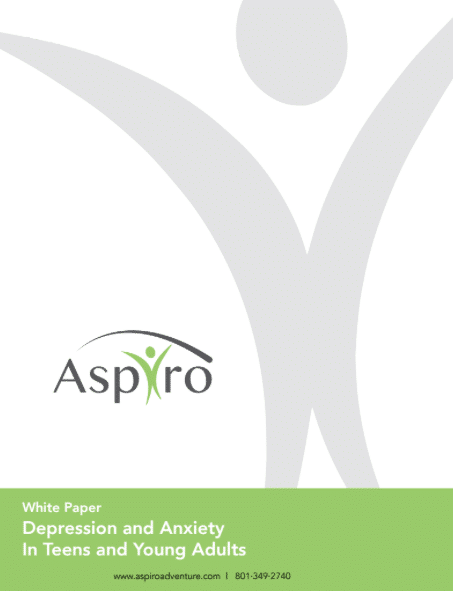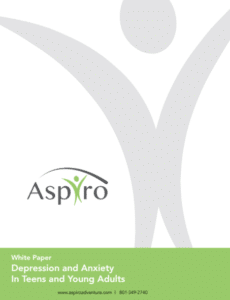Society tends to view depression and anxiety as “adult” problems. In fact, even experts once believed that only adults could have depression severe enough to require treatment. This can be a very dangerous misconception.
Because it is perfectly normal for teens and young adults to be sad or moody, sometimes even parents can overlook major symptoms of depression and anxiety in their child. It is all too common for these signs and symptoms to appear as “growing pains,” “being dramatic,” or “teenage problems,” in teens and young adults.




